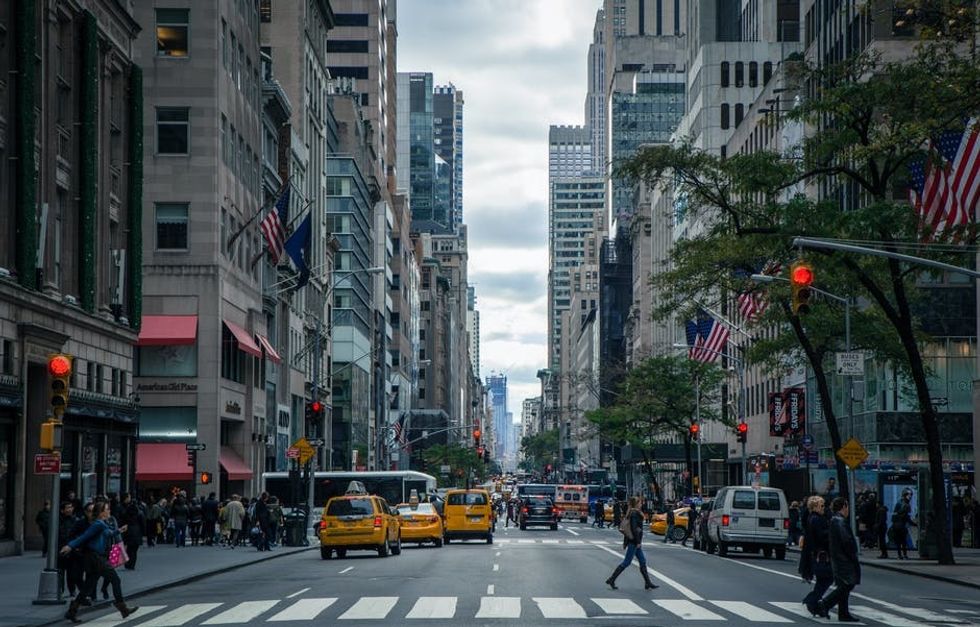According to Johns Hopkins University, the United States coronavirus death toll surpasses 60,000 this Wednesday. Although numbers continue to rise, government leaders advance with plans to ease restrictions aimed at slowing the virus' spread, with federal social distancing guidelines set to expire this Thursday. With New York City now the coronavirus epicenter, the city scrambles to continue care for patients as resources run low. Just this week, acclaimed New York-Presbyterian Allen Hospital E.R. doctor Lorna M. Breen died by suicide, crushed by the emotional exhaustion brought on by fighting the virus on the front lines. She had no history of mental illness, but was reportedly torn by having seen so much death around her. As ventilators and personal protective equipment run scarce, overworked health professionals continue to sacrifice themselves everyday to care for the infected.
Recently, a new problem has come to light in the city. With the death toll surging above 14,000 casualties, New York City's death care system is also being put under extraordinary strain; hospital mortuaries, cemeteries, crematories, and morgues are struggling to keep up with the bodies coming in. Funeral directors seem to be under the most pressure, tasked with preparing countless bodies from hospitals and nursing homes. Severe backlogs have reportedly made them unable to cremate or bury people quickly, and some funeral homes have resorted to using refrigerated trailers and air-conditioned chapels.
This Wednesday, dozens of decomposing bodies were found in a U-haul rental truck and a tractor-trailer outside the Andrew T. Cleckley Funeral Home in Brooklyn after a foul odor was reported in the morning. The funeral reportedly started using the trucks as storage space after its freezer had stopped operating properly. These trucks, stuffed full of decomposing bodies, were simply parked on the side of a crowded street and left family members traumatized upon discovery. Funeral directors are required to store bodies awaiting cremation or burial in conditions that prevent infection, and the state Department of Health is still determining whether the response of the funeral home was appropriate.
Evidently, the COVID19 crisis continues even after over a month of self quarantine guidelines; the situation remains dire in New York City and across the United States. If we want to be able to savor scraps of summer and return to campus next fall, we inevitably still need to adhere to social distancing guidelines even after they expire on Thursday.












